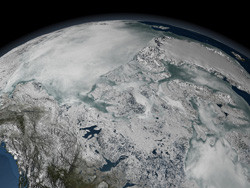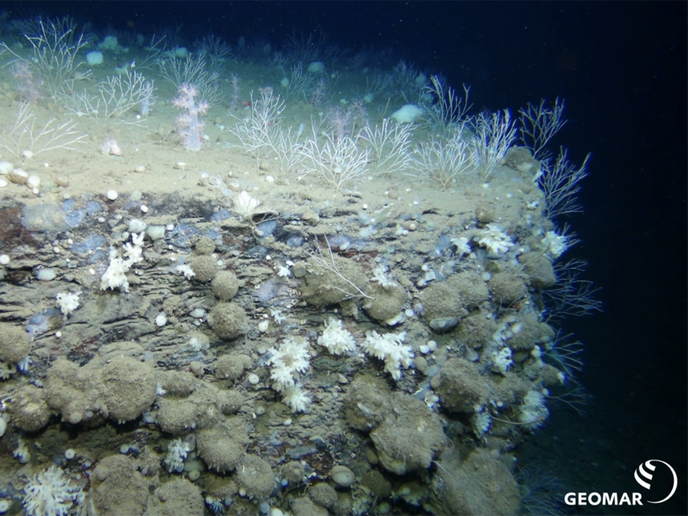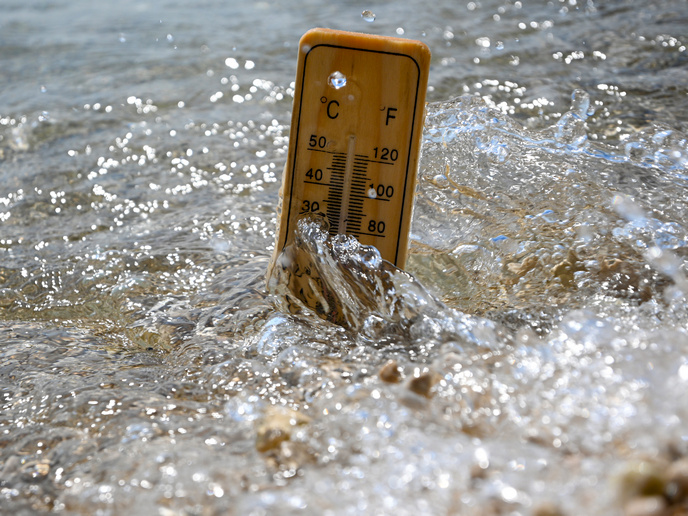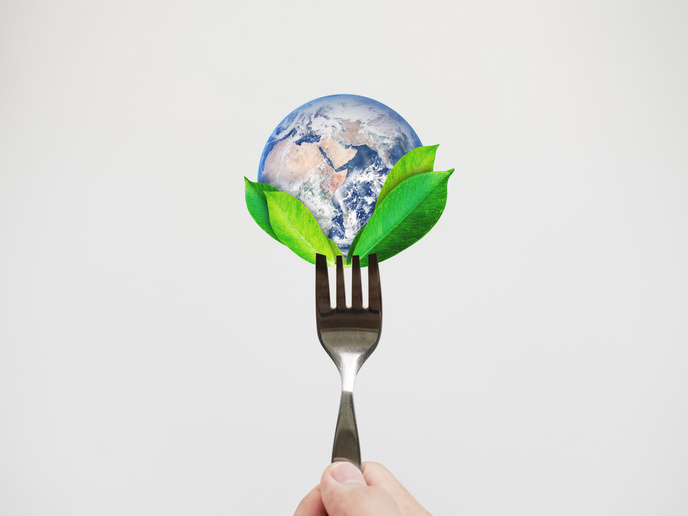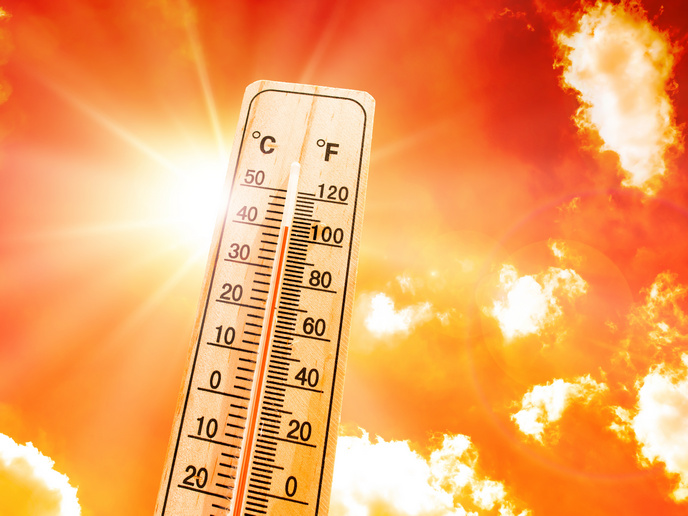Understanding the Arctic
Considered a unique ecosystem on Earth with its varied yet endangered biodiversity, the Arctic is also a treasure of natural resources such as gas, oil, minerals, fish and fresh water and home to some 4 million people. The region is also crucial for understanding and measuring climate change, an important development that could affect our world significantly. While no country owns the region, surrounding nations do have claim to certain parts, spurring several political disputes and raising important geopolitical issues. The EU-funded project 'Global alternatives for an interconnected arctic' (GAIA) analysed assumptions underlying the range of governance models that have been proposed for the Arctic. The project team published a book titled 'Contesting the Arctic: Politics and Imaginaries in the Circumpolar North'. The book builds on previous and current research to examine how different visions for the Arctic’s future are grounded in specific understandings of the Arctic as geophysically and culturally distinct from other regions. Perceptions of the Arctic range from those that see the region as a zone of impenetrable ice to those that see it as an indigenous homeland where ideas of 'belonging' and 'place' transcend state identity. These visions increasingly are being subsumed by one in which the Arctic is understood as a space of state-building, resource extraction, and economic and social development. Nonetheless, acknowledgment of Arctic exceptionalism continues to inform governance proposals and practices. Within this framework, the project team considered the status of the Northwest Passage connecting the Atlantic and Pacific through the Arctic. It proposed that the ongoing dispute between the United States and Canada could be settled if the Northwest Passage were reclassified as mainly frozen, territorial waters. This proposal could pave the way for overcoming other issues, for example in Russia's Northern Sea Route, and thereby help secure Europe's oil and gas supplies. Other topics investigated included managing inland seas, preparing for offshore oil and gas hazards, regulating resource extraction, and maintaining indigenous representation in forums like the Arctic Council. In each of these cases, researchers sought to understand how innovative institutions might be maintained or enhanced even as the Arctic is increasingly managed as a space of state-governed territories and commons .
Keywords
Arctic, natural resources, climate change, geopolitical, governance, Northern Sea Route, Northwest Passage



